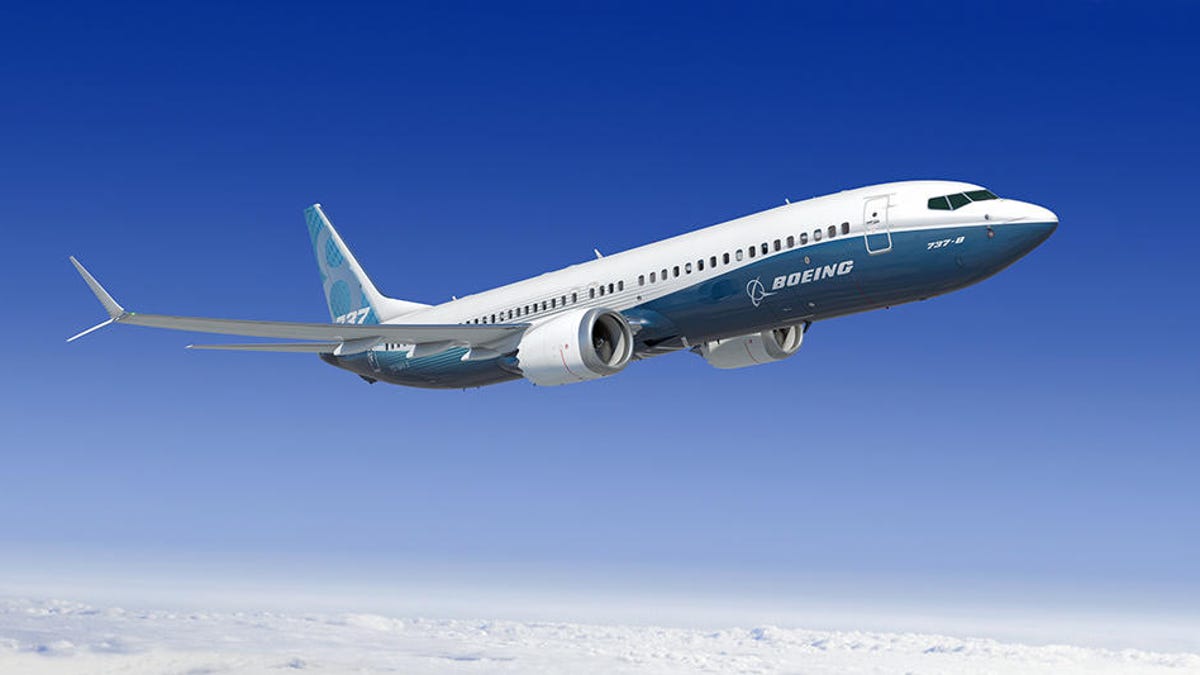Boeing CEO defends 737 Max flight control system
Dennis Muilenburg says the MCAS software that's under scrutiny following two deadly crash was designed to the company's standards.

Boeing's 737 Max 8 is grounded after two crashes that killed 346 people.
As Boeing rushes to get the grounded 737 Max back in the air, CEO Dennis Muilenburg faced reporters and shareholders Monday at the company's annual shareholders meeting in Chicago.
Muilenburg said Boeing is making "steady progress" on a fix to the MCAS flight control system that's at the center of crash investigations in Ethiopia and Indonesia, but he stopped short of faulting the software's basic design.
"We've confirmed that it was designed for our standards, certified for our standards and we're confident in that process," he said. "It operated according to those design and certification standards. We haven't seen a technical slip or gap."
Preliminary reports from both crashes suggest that the MCAS system, which is designed to push the Max's nose down under certain flight conditions, was receiving erroneous data from faulty sensors. In both accidents, flight crews struggled unsuccessfully to take control as the airplanes continually dove just after takeoff.
In his remarks, Muilenburg said the incorrect data was a common link in a chain of events that led to both crashes. It's a link Boeing owns and that the software update will fix.
"[The update] will make the aircraft safer going forward," he said. "I'm confident with that change it will be one of the safest airplanes ever to fly."
Without elaborating Muilenburg also said that in some cases pilots did not "completely" follow the procedures that Boeing had outlined to prevent a crash in the case of a MCAS malfunction.
Also Monday, Boeing responded in a statement to an April 29 Wall Street Journal Report report that said a safety feature designed to alert flight crews to a faulty sensor was not operating on some Max planes that had been delivered to airlines.
"The alert was intended to be a standard, stand-alone feature on MAX airplanes," the statement said. "However, the disagree alert was not operable on all airplanes because the feature was not activated as intended."

